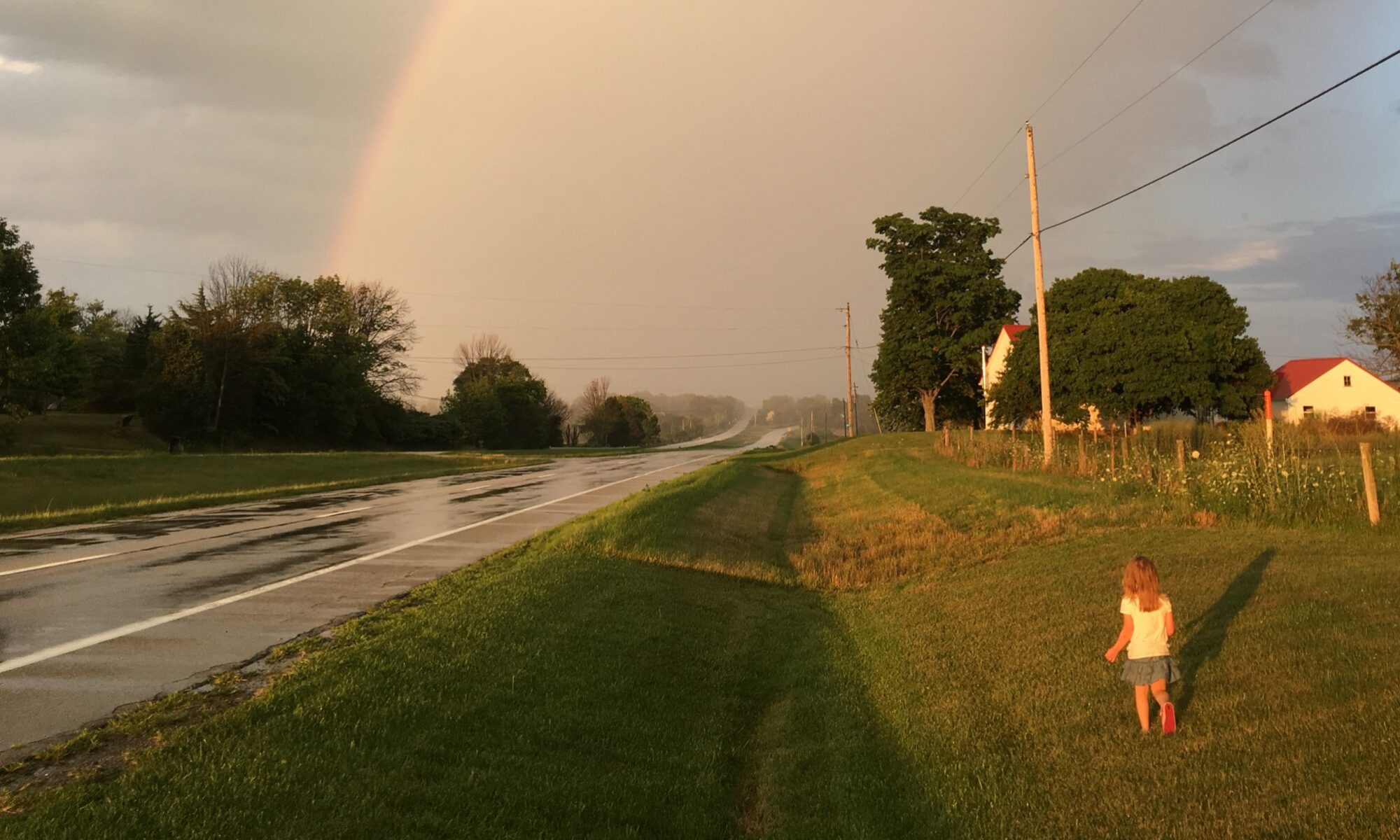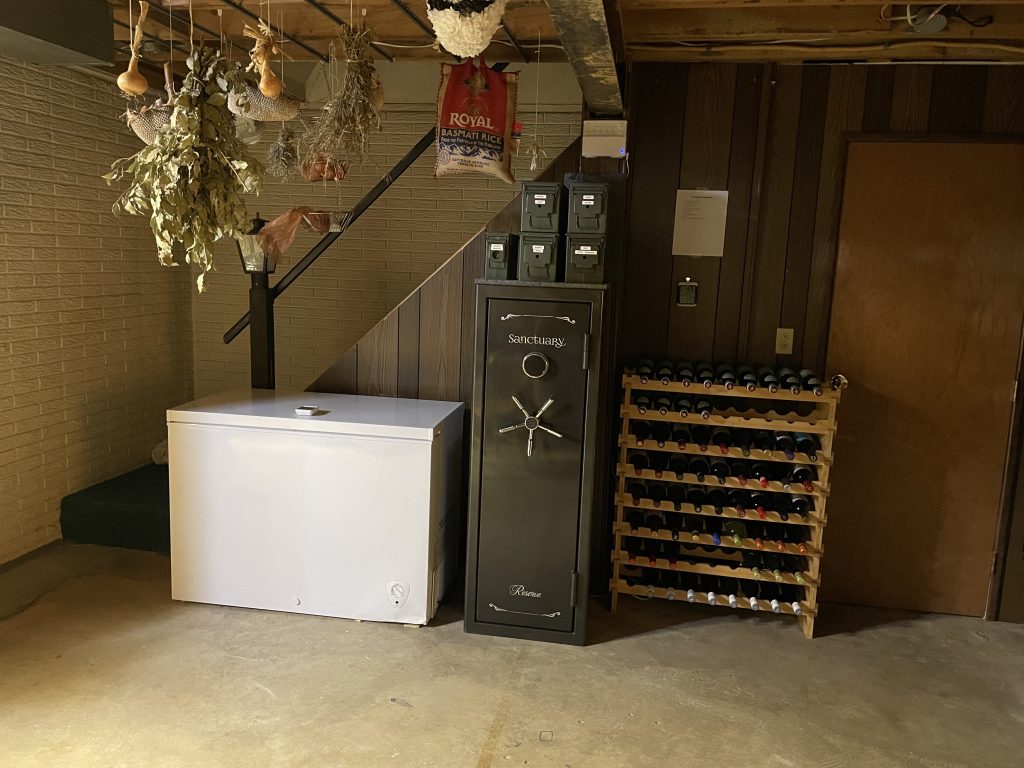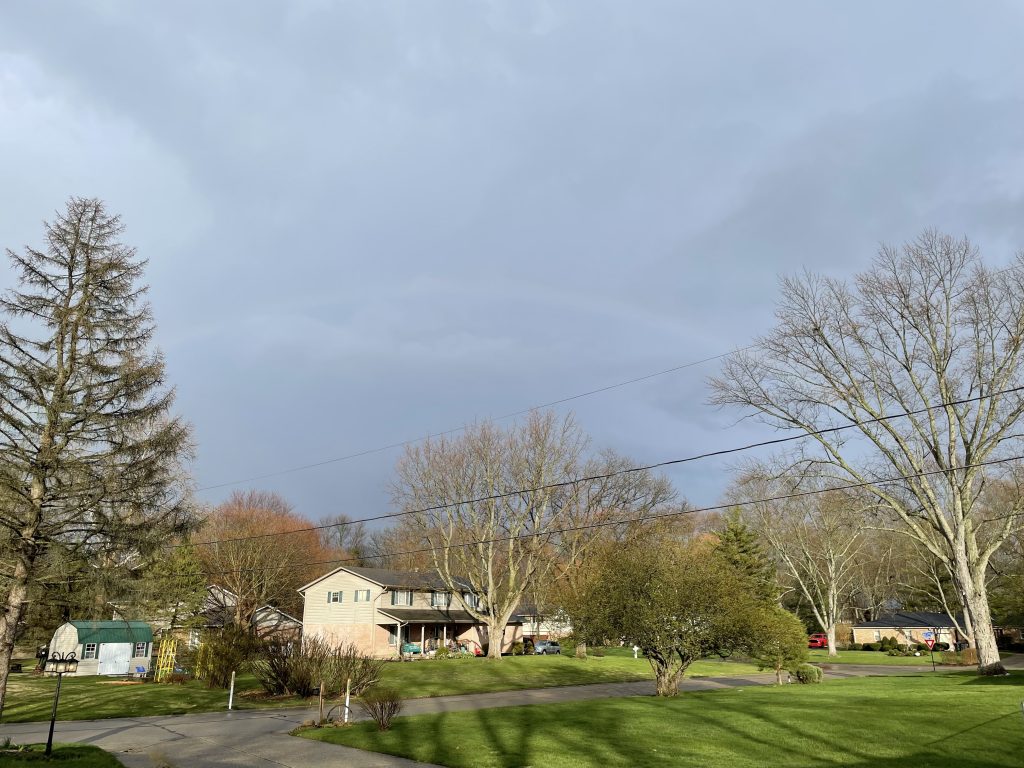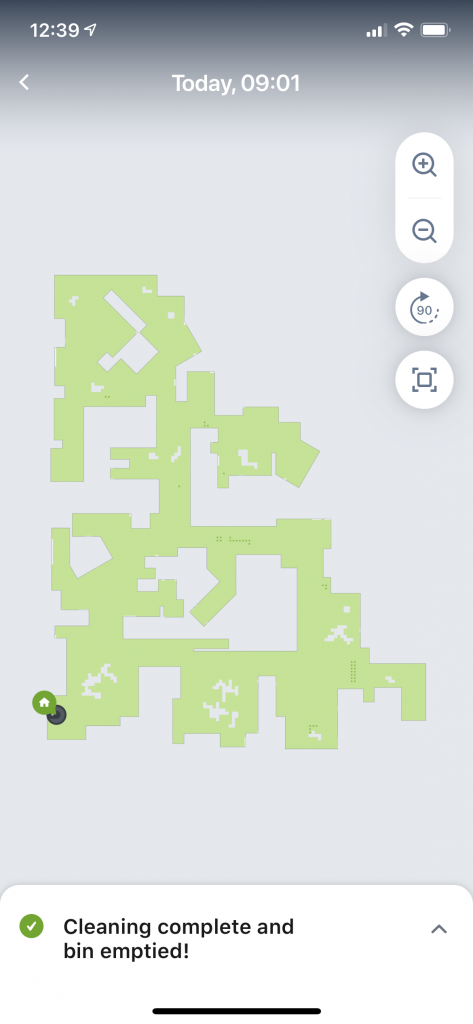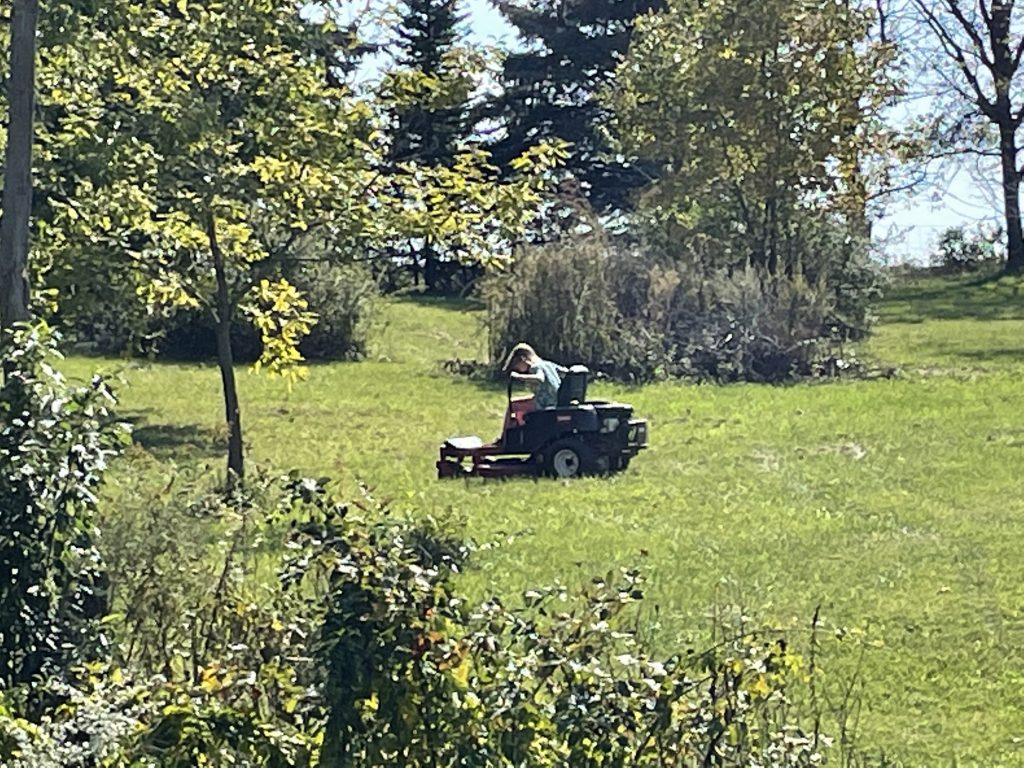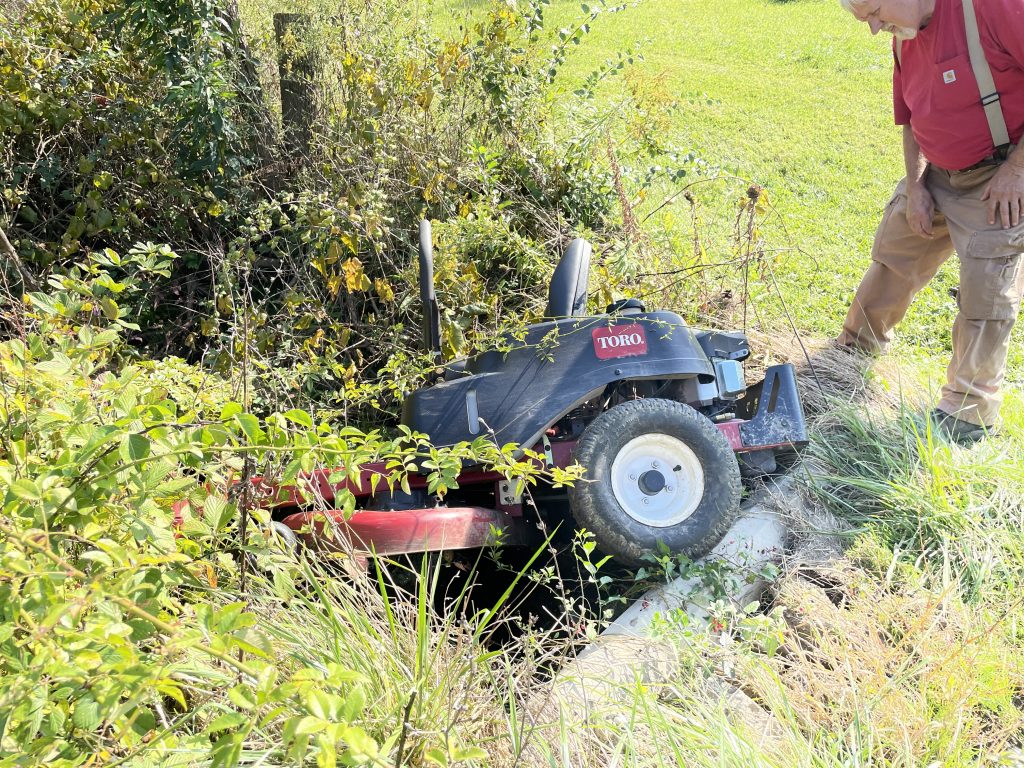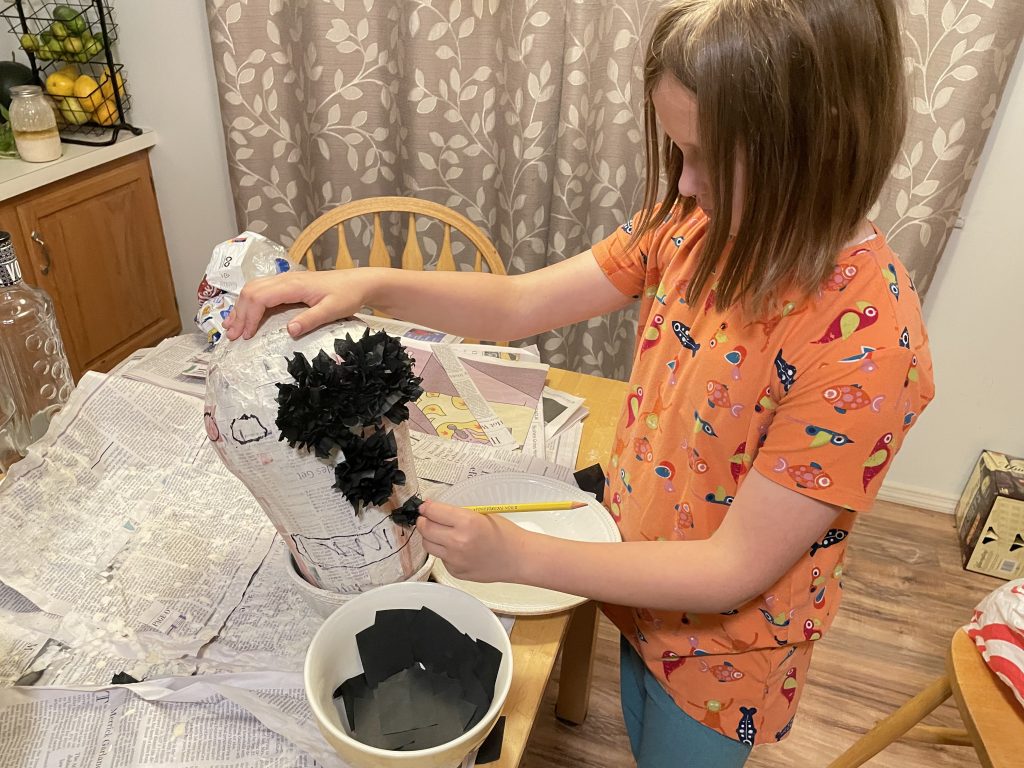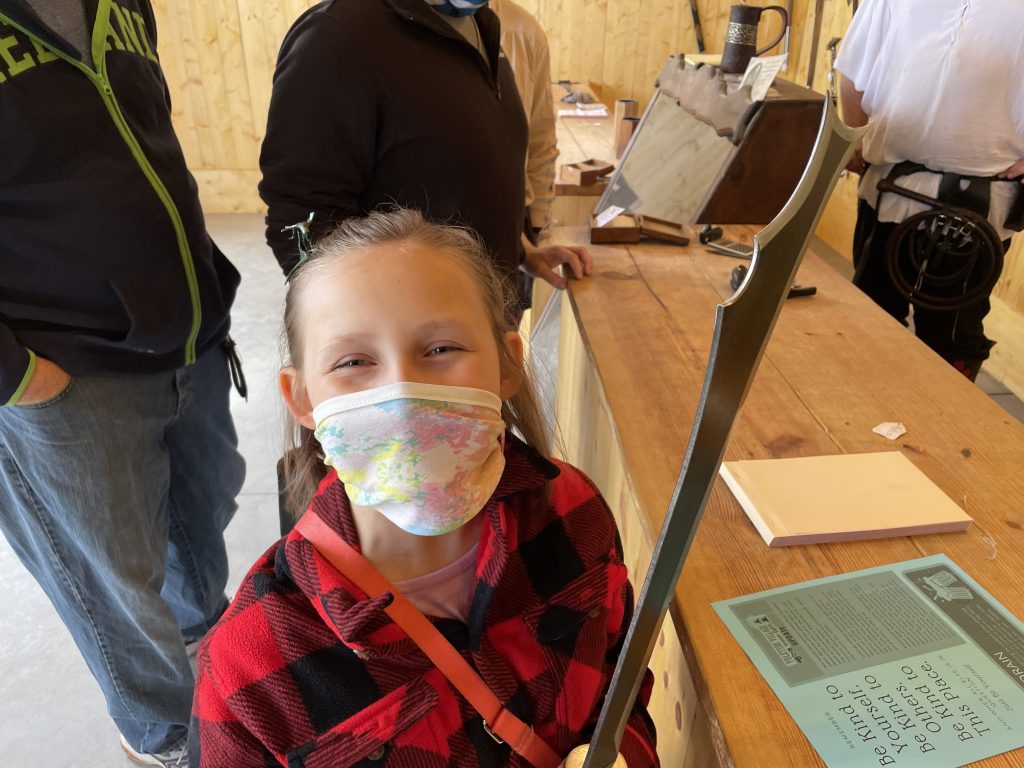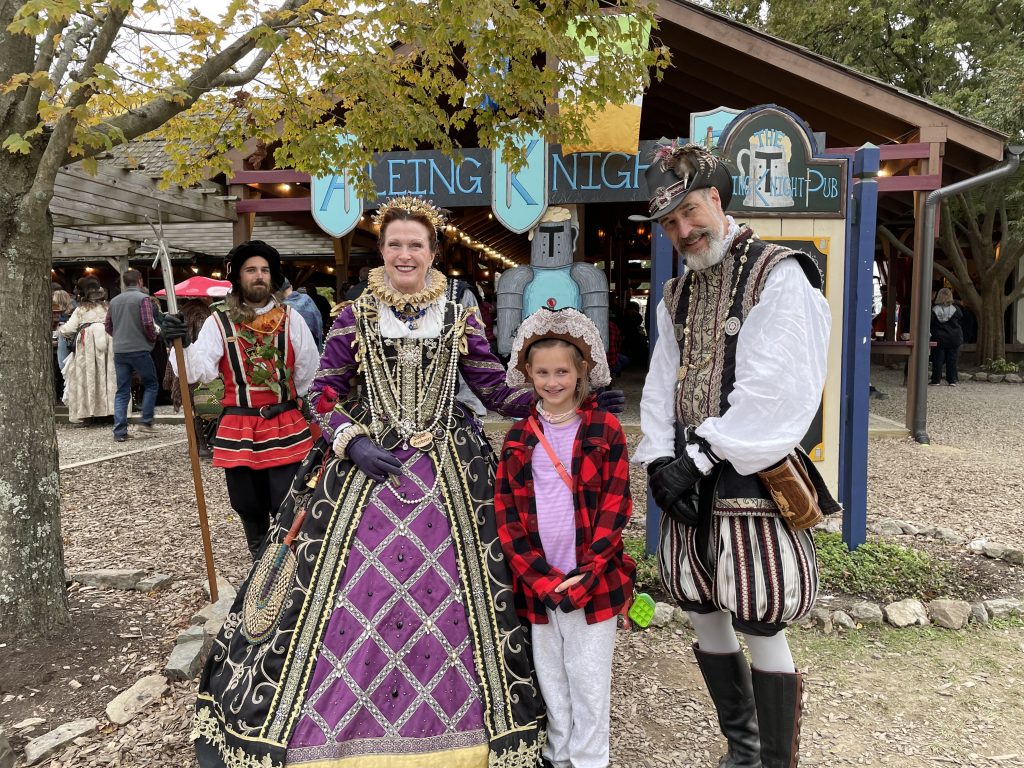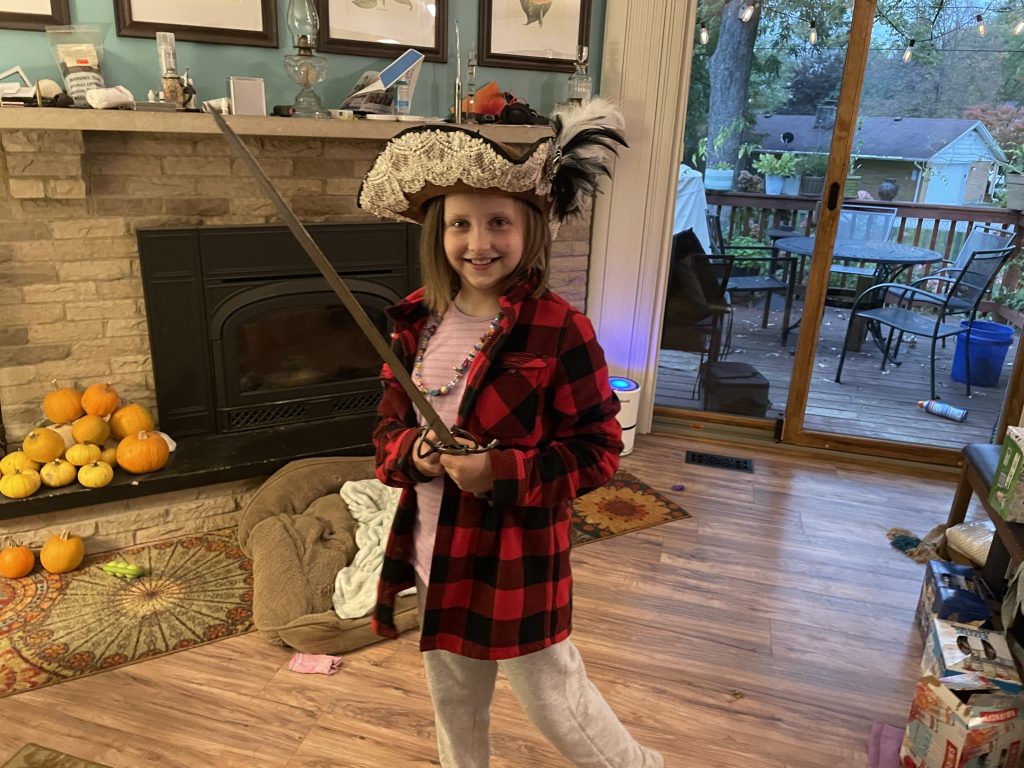I worry that as I age I become a little too right of center. I started out pretty far left, then as a younger professional I leaned moderate. And now, as I approach middle age, I’m starting to have some unsettling dissonance as the boat tips starboard.
Cognitive dissonance, that is–the concept of having to rationalize one’s thoughts and actions so as to avoid an aneurysm when those thoughts and actions threaten the identity and worth of the self.
And part of identity is demographic.
So it stands that I feel a little twinge of ire for the general accusation of the irrelevancy of white man.
***
I wrote previously about the Bechdel Test, and gave it its due credit, but found it too concise for a more thorough look at the evolution female characters in media. I offered some more in-depth analysis, and concluded that the problem was essentially introducing female characters for no other reason than to have female characters (a similar conclusion).
When the character itself lacked depth, then the character distilled down to a simple juxtaposition of gender: in other words, she exists simply to avoid having another male character. But when the character had proper depth, gender became far less relevant. So if you create a character in a position of power and authority who’s believable as a person, then gender isn’t important. If you fail in this task and cast a female in this same position just for that sake alone, then it’s painfully obvious.
No really, check out that post for some examples:
Checking demographic boxes off the list doesn’t make your product a celebration of diversity. It’s a lazy attempt–pandering to a larger audience for your own gain, and insulting to everyone.
And it’s getting worse.
Now we’ve moved from simply failing to represent women by creating good female characters, to attempting to represent them by swapping the demographic of an already existent character that’s been previously developed out.
And now that’s been extended to race.
And this is being done in franchises that already have demographic diversity.
In the latest Dune movie attempt. Liet Kynes, Chani’s father, is now a woman. No explanation. There’s the Reverend Mother, Jessica, Chani, Irulan, Alia, and later that girl who could control worms or something, not to mention the entire Bene Gesserit and Honored Matres sisterhoods. There is already a large selection of important and powerful female characters. If you wanted more female power, their influence could be adjusted a little with creative license for the movies. But to take a minor character and inexplicably change the gender just to add one more?
And from what I’ve seen so far of the Halo TV series adaptation, the Keyes are now black. They didn’t turn Locke white, or Halsey male. No, their demographics remained untouched. They just reduced whiteness/maleness…a little. To keep it from becoming too prominent I guess.
My point is that this isn’t a zero-sum game. You don’t have to rob one demographic to give a consolation prize to another. Rather than change canon, you could just flesh out more and better characters across broad demographics. That would actually celebrate human differences without implying that there’s too much of one or that one is better than another.
Shouldn’t that be the real goal?
–Simon
